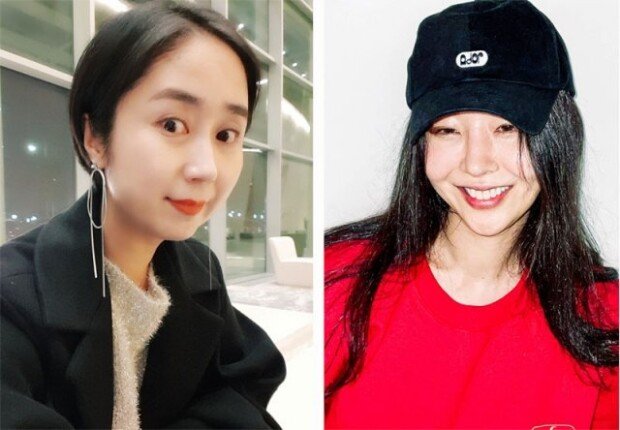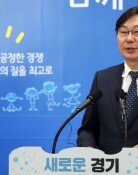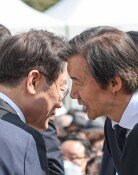Growing women power in K-pop industry
Growing women power in K-pop industry
Posted January. 13, 2022 07:51,
Updated January. 13, 2022 07:51

Female power is growing dominant in K-pop, amid growing social awareness for female empowerment. Their influence has become noticeably higher in business planning and production, in addition to the growing number of female idol groups. Some say that 2022, with the growing number of K-pop girl groups being launched, could mark the start of a gender level-playing field for K-pop.
A leading example would be CEO Min Hee-jin of ADOR, which is a sub-level of HIVE of BTS. Min is put charge of debut of K-pop girl groups for HIVE. She previously worked for SM Entertainment, leading visual concept planning for Girls Generation, f(x), Red Velvet music videos and album design. She has made a great impact on the world of K-pop girl groups since 2010. Females leading music labels in the K-pop industry had been extremely rare, which is why HIVE’s appointment of Min is capturing public attention.
JYP Entertainment, the label for Wonder girls, TWICE, ITZY, is also moving ahead with female power. Lee Ji-young (age 43), JYP’s first female inside director and head of Artist 4 division, will be leading new girl-group production. Lee casted and trained Jeongyeon, Sana, Jihyo and Tzuyu of TWICE. Lee’s assignment to the position is deemed to be a fresh approach, compared to previous media portray of male producer Park Jin-young choreographing and leading girl group training.
H1-KEY, a four member girl group that debuted on last Thursday and exceeded 4 million views for its music video ATHLETIC GIRL in just six days, is also a work of female leadership. Director Hwang Hyun-hee (age 42) of GLG, who has work experience at SM Entertainment and CJ ENM, is a casting expert with seasoned experience in Chinese business.
The K-pop industry was born in the mid-1990s and dominated by male power over the last three decades. Major entertainment companies such as SM, YG and JYP were named after and led by the founders who were male: Lee Su-man, Yang Hyun-seok and Park Jin-young.
“K-pop production companies had been led by male CEOs and executives and supported by females in their 20-30s. Girl group concept planning had been mostly done based on the preference of male executives of the company,” said pop music critic Kim Yun-ha. “The recent rise in women power was also made possible by the growth of female employees that have survived and proved their competence in the unstable, low-paying entertainment industry.”
imi@donga.com







